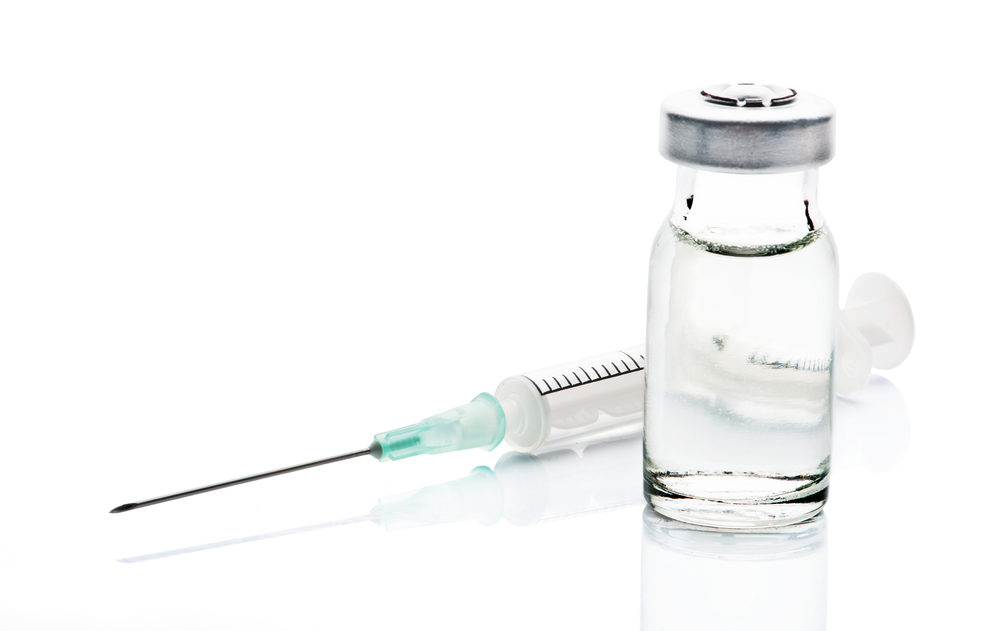
The COVID-19 vaccination has been one of the top headlines for months and will undoubtedly continue to be in the spotlight for a long time to come. It was developed incredibly fast compared to other vaccines to curb the virus’s unstoppable spread and has already been successfully administered to thousands of healthcare workers and seniors. The World Health Organization’s goal is to deliver a staggering 2 billion doses by the end of 2021.
With all this talk of the vaccine, it’s worth discussing the probability of sustaining an injury from a vaccine and what your recourse may be if this happens to you.
There’s no question that vaccinations are a vitally important facet of modern-day healthcare. Getting vaccines can protect you from many afflictions that have and will continue to kill those who don’t get them, like the HPV vaccine for cervical cancer or the flu shot. Whooping cough vaccines can protect newborn babies who are too young to get their own vaccine. Those in poor communities or with preexisting conditions, especially the elderly, can’t always get a vaccine. So, those who can be vaccinated have a responsibility to others to cut down on the spread of infectious disease. While there can be side effects, they are rare and usually mild, such as soreness at the injection site or a temporary fever.
Rumors of vaccine ingredients being harmful or causing developmental issues such as autism have run rampant. Still, the FDA puts every new vaccine through intense rounds of testing before releasing it. Common ingredients in vaccines include:
- Formaldehyde – This word can be alarming, but it’s used to prevent contamination and occurs naturally in the environment, household products, and, yes, the human body
- Stabilizers – These keep the vaccine effective, occur naturally in the body, and can be found in many food products, such as Jell-O
- Adjuvants – These increase your body’s response to the vaccine and are found in many over-the-counter (OTC) medications
The only cases of serious injury to the COVID vaccine so far have been an extremely rare allergic reaction to one of its ingredients. As of December 24, 2020, just six Americans and two Brits have had such a reaction.
Why Vaccines Are So Important
A New York Times study found that vaccines are overwhelmingly safe compared to the diseases they prevent.
They found that, according to the CDC, vaccines prevented more than 20 million hospitalizations and nearly 800,000 deaths in children over a 20-year period.
The measles vaccine, for example, has about two in one million injury claims versus one to two deaths in one thousand cases. From 2006-2017, there were two claims of injury for every one million doses of all vaccines.
Much of this data comes from the National Vaccine Injury Compensation Program (VICP), a no-fault resource established in 1986 after too many lawsuits filed against vaccine producers were on the verge of causing a significant vaccination shortage. It currently covers 15 childhood vaccines and the flu shot. It has awarded compensation to nearly 7,000 Americans since its inception, but 70% of them were found unrelated to the vaccine itself; more likely a case of incorrect injection method, for example. And almost half of the just 520 death compensation awards were for a now-obsolete whooping cough vaccine.
It’s a fairly straightforward process to file a claim, and there is no cap on medical expenses, lost wages and other financial considerations. It’s even advertised on all paperwork given to patients who receive vaccines.
However, the COVID vaccine is not currently covered by the VICP. Efforts to change that are ongoing, but because the vaccine was fast-tracked to approval and is considered a “countermeasure” response to a specific emergency situation, injury claimants must petition the Countermeasures Injury Compensation Program (CICP) instead.
Under the umbrella of the Health Resources and Services Administration, this program is much less consumer-friendly. It has rejected 90% of vaccine-injury claims since 2010, and it is severely understaffed, having received less than five claims a month in that time. Advocates fear that the inclusion of the brand new COVID vaccine could overwhelm the already-unstable program. The claims it has paid out equal more than $6 million in compensation, but there are just 29 of them.
The program covers rarely-needed vaccines, such as those for ebola, zika, anthrax and smallpox. It also does not provide compensation for pain or suffering, unlike the VICP.
If you have a personal injury claim related to a vaccine it’s best to have an experienced attorney on your side. The team at Paulson & Nace has been aggressively representing D.C.-area victims of personal injury, including vaccine compensation, for almost 40 years. If you need help with a vaccine injury claim, please don’t hesitate to contact us by calling 202-463-1999.
@thumbnail.jpg)
Both an Emory School of Law graduate and MBA graduate of Goizueta Business School at Emory, Chris Nace focuses his practice on areas of medical malpractice, drug and product liability, motor vehicle accidents, wrongful death, employment discrimination and other negligence and personal injury matters.










Comments for this article are closed.